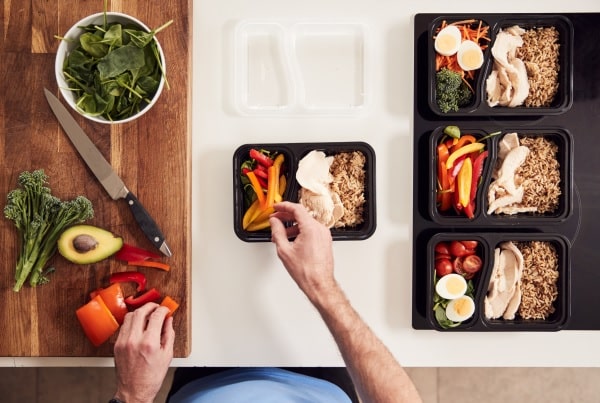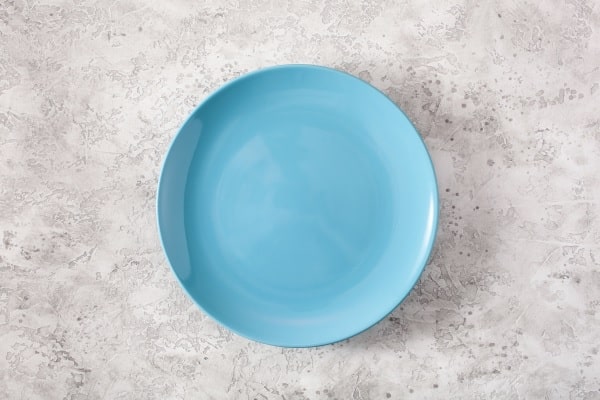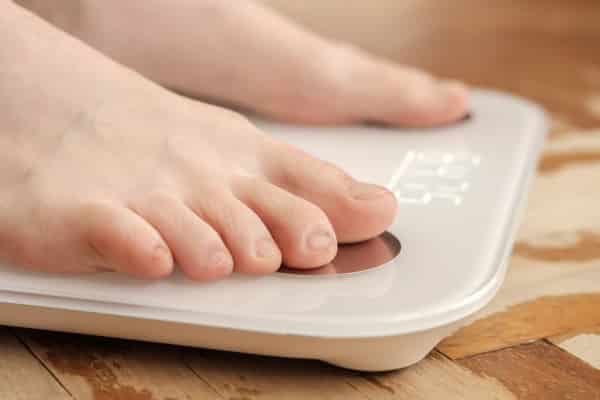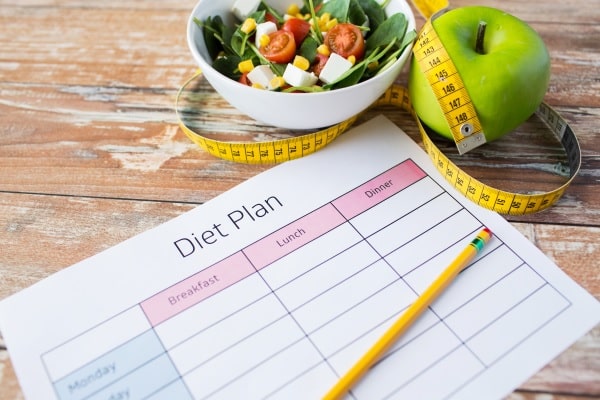Embarking on a diet can feel like a new chapter in your life, a fresh start that promises a healthier you. But what if you’re inadvertently sabotaging your own progress? It’s easy to fall into common traps that make your diet less effective or even counterproductive. This article will delve into the worst things you can do on a diet. From ignoring portion sizes to neglecting the emotional aspects of eating, you’ll learn what not to do—and what to do instead—for a successful dieting journey.
Contents
Ignoring Portion Sizes

You’ve switched to whole grains, you’re eating your fruits and veggies, and you’ve cut out sugary snacks. But you’re still not losing weight. One of the biggest culprits could be the size of your portions. Even healthy foods can contribute to weight gain if you consume them in large quantities. The avocado toast that feels like a healthy breakfast can quickly turn into a calorie bomb if you’re not careful with the amount of avocado and bread you use.
To tackle this issue, it’s crucial to understand the concept of portion control. It’s not just about reducing the amount of food on your plate; it’s about balancing it. Tools like measuring cups, food scales, and even your own hand can serve as handy guides for appropriate portion sizes. By being mindful of portions, you’re not just cutting calories; you’re also making it easier to balance your meals, leading to better nutritional intake.
Skipping Meals

The idea that skipping meals will help you lose weight is a myth that can do more harm than good. When you skip meals, your body goes into survival mode, slowing down your metabolism to conserve energy. This can lead to not only weight gain but also other health issues like decreased energy levels and poor concentration. Additionally, skipping meals often leads to binge eating later, which defeats the purpose of skipping the meal in the first place.
Metabolism plays a vital role in weight loss, and regular meals help keep it functioning optimally. Eating at consistent intervals ensures that your body has the energy it needs to perform its functions, including burning fat. Skipping meals disrupts this balance, making your weight loss journey more difficult than it needs to be. So, instead of skipping meals, focus on eating smaller, balanced meals throughout the day.
Overcomplicating Your Diet

In the age of information, it’s easy to get lost in the myriad of diet plans, each promising rapid weight loss and miraculous health benefits. From keto to paleo to intermittent fasting, the options are endless. But often, these fad diets are not only hard to follow but also lack scientific backing. The result? You get demotivated and give up, thinking dieting isn’t for you.
The key to a successful diet is simplicity. A balanced diet that includes a variety of foods from all food groups is often more effective than a complicated diet plan that restricts certain food types or involves complicated calculations. When your diet is simple, it’s easier to stick to it in the long run, making your weight loss journey more sustainable and less of a chore.
Overlooking Liquid Calories

You might be religiously counting the calories in your meals, but what about the ones in your drinks? Beverages like sodas, fruit juices, and even your morning latte can contain a surprising amount of calories. These “liquid calories” are often overlooked but can significantly hinder your weight loss progress. For instance, a single can of soda can contain up to 150 calories, and when consumed regularly, these calories add up.
Switching to low-calorie drink options can make a world of difference in your diet. Water is, of course, the best choice, but herbal teas and infused waters are also excellent alternatives. These options not only help you cut calories but also offer other health benefits like better hydration and digestion. So, the next time you’re thirsty, think twice before reaching for a high-calorie beverage.
Neglecting Exercise

You might think that dieting alone will get you to your weight loss goals, but that’s only half the story. A diet can help you lose weight, but without exercise, you’re missing out on a range of benefits, including muscle tone and improved metabolism. Moreover, relying solely on dietary restrictions can lead to muscle loss, making you look less toned even if you’re shedding pounds.
Incorporating exercise into your routine doesn’t have to be daunting. You don’t need a gym membership or fancy equipment. Simple exercises like walking, cycling, or even home workouts can go a long way in complementing your diet. Exercise helps you burn extra calories, and it also improves your mental well-being, making it easier to stick to your diet in the long run.
Obsessing Over The Scale

It’s tempting to step on the scale every day to see if your diet is working, but this can be counterproductive. Your weight can fluctuate for a variety of reasons, including water retention, hormonal changes, and even the time of day. Obsessing over these daily fluctuations can be demotivating and may even lead you to make rash decisions like extreme calorie restriction.
Instead of being a slave to the scale, consider other metrics to gauge your progress. How do your clothes fit? How do you feel physically and mentally? Measurements like waist circumference or body fat percentage can be more accurate indicators of your progress. Remember, the goal is not just to lose weight but to become a healthier, happier version of yourself.
Lack Of Planning And Preparation

You’ve heard the saying, “Failing to plan is planning to fail,” and this couldn’t be truer when it comes to dieting. Without a meal plan, you’re more likely to make unhealthy food choices, especially when you’re hungry and short on time. Grabbing a fast-food meal or ordering takeout becomes all too easy, and these choices can quickly derail your dieting efforts.
Planning your meals in advance and doing some meal prep can save you from making poor food choices. Take some time each week to plan out your meals and snacks. Make a shopping list and stick to it. Cook in batches and store meals in portion-controlled containers. This way, you always have a healthy option ready to go, making it easier to stick to your diet.
The Hidden Costs Of Cheat Days

Ah, cheat days—the oasis in the desert of dieting. While it’s tempting to let loose and indulge in all your favorite foods, cheat days can have a more significant impact on your diet than you might think. One day of excessive eating can not only undo the caloric deficit you’ve worked hard to maintain but also disrupt your metabolism and eating patterns for days to come.
The key is moderation and planning. If you feel the need for a cheat meal, plan it in a way that doesn’t sabotage your entire week’s progress. Opt for smaller portions of your favorite treats, or find healthier alternatives that satisfy your cravings. Remember, a successful diet is a marathon, not a sprint; one day shouldn’t derail your long-term goals.
The Bottom Line
In the quest for a healthier you, avoiding these common pitfalls can make all the difference. Dieting is more than just counting calories or cutting out food groups; it’s a holistic approach that involves your lifestyle, emotional well-being, and even your social circle. You don’t have to navigate this journey alone. Start making these changes today, and set yourself up for a more effective, fulfilling, and sustainable path to better health.


